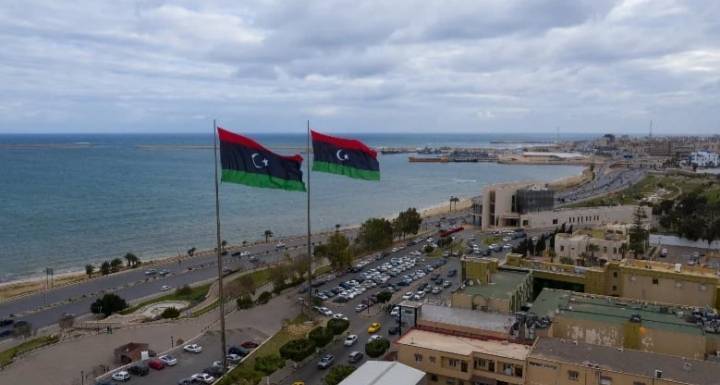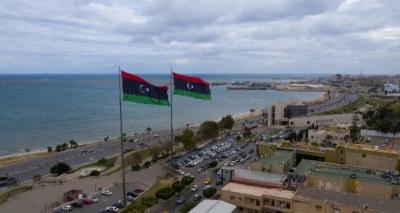In this month, twelve years ago, Libya experienced the end of a difficult political era that lasted for four decades and the beginning of another equally complex and challenging period. What came to be known as the Arab Spring was not limited to Libya but was part of a wave of sudden political changes affecting several Arab countries. Over the past twelve years, Libya has been a stage for tragic events, witnessing a bloody struggle for power and wealth that has become increasingly complicated and has yet to end. This political crisis has deprived the country and its people of the blessings of peace and stability, leading to the destruction of infrastructure and the economy, tearing apart the social fabric, and subjecting public funds to the greatest acts of plunder. It has dangerously threatened the division of Libya and made it a magnet for Islamists, drug traffickers, and a hub for human smuggling. It attracted mercenaries from various nationalities and significantly contributed to destabilizing the security of neighboring countries. The repercussions of this crisis have extended south into Africa and north to Mediterranean countries due to massive migration flows across the sea, which have been exploited by far-right parties and groups, granting them a historic opportunity to emerge from the political margins they had been confined to for decades, moving toward the political mainstream, and allowing some to seize control through elections.
From the outset, foreign intervention has been a central element in controlling the course of the conflict in Libya and fueling its flames. It has turned local parties into proxies fighting on behalf of foreign interests, eager to protect their interests and implement their agendas. In the coming days, the twelfth anniversary of the February 17, 2011 uprising will be marked, during which Libyan social media will transform into battlegrounds for fierce verbal conflicts among three adversaries. The first are supporters of the monarchy, known as the Decemberists, as Libya's independence and emergence as a sovereign state occurred in December 1951. The second group is the supporters of the former regime, known as the Septemberists, referring to September 1969, when Colonel Muammar Gaddafi came to power. The third are supporters of the February 2011 uprising.
These verbal battles are not new; however, their intensity increases as the anniversary of the February uprising approaches each year. They reflect the prevailing division in Libya and simultaneously reveal a tragic absence of a democratic Libyan national movement that unites under the umbrella of a unified homeland. The lack of momentum from this movement, due to the fragmentation of its elements, has allowed the Islamist current to consolidate its control throughout the country and tighten its grip on the capital, Tripoli. On the other hand, there is a looming possibility of a return to military rule through the control of Field Marshal Khalifa Haftar over the eastern and southern regions.
Political commentators observing what is happening in the Libyan arena have recently been focused on the developments highlighted by CIA Director William Burns' visit to Libya, the highest-level American official to visit the country in twelve years. This visit is viewed as a decisive turning point, reflecting Washington's dissatisfaction with its allies involved in the conflict for failing to find a way out that ensures the return of stability to the country, amid intense competition between them in a politically tense international context. What genuinely matters is that this visit provided support for the UN Secretary-General's Special Representative, Mr. Abdoulaye Bathily, to move quickly to overcome the obstacles and pitfalls placed in his way by Libyan politicians and their foreign allies to protect their interests and maintain their positions by preserving the status quo, hindering the occurrence of parliamentary and presidential elections that they view as a definitive departure from the political scene without regret.
Media reports discuss a new political initiative to emerge from the current stalemate, prepared by the UN envoy in consultation with Washington, the European Union, and the African Union. The UN envoy is expected to present this initiative formally in a session before the UN Security Council at the end of February. This initiative aims to remove the old faces from the scene if they do not cooperate in escaping the deadlock and continue their obstinacy, as it has been confirmed they are the primary obstacle to peace and stability. The initiative seeks to bypass them by garnering international support to establish a roadmap leading the country toward elections, bringing in new faces, and placing Libya on a path towards stability. But will this be achieved?




